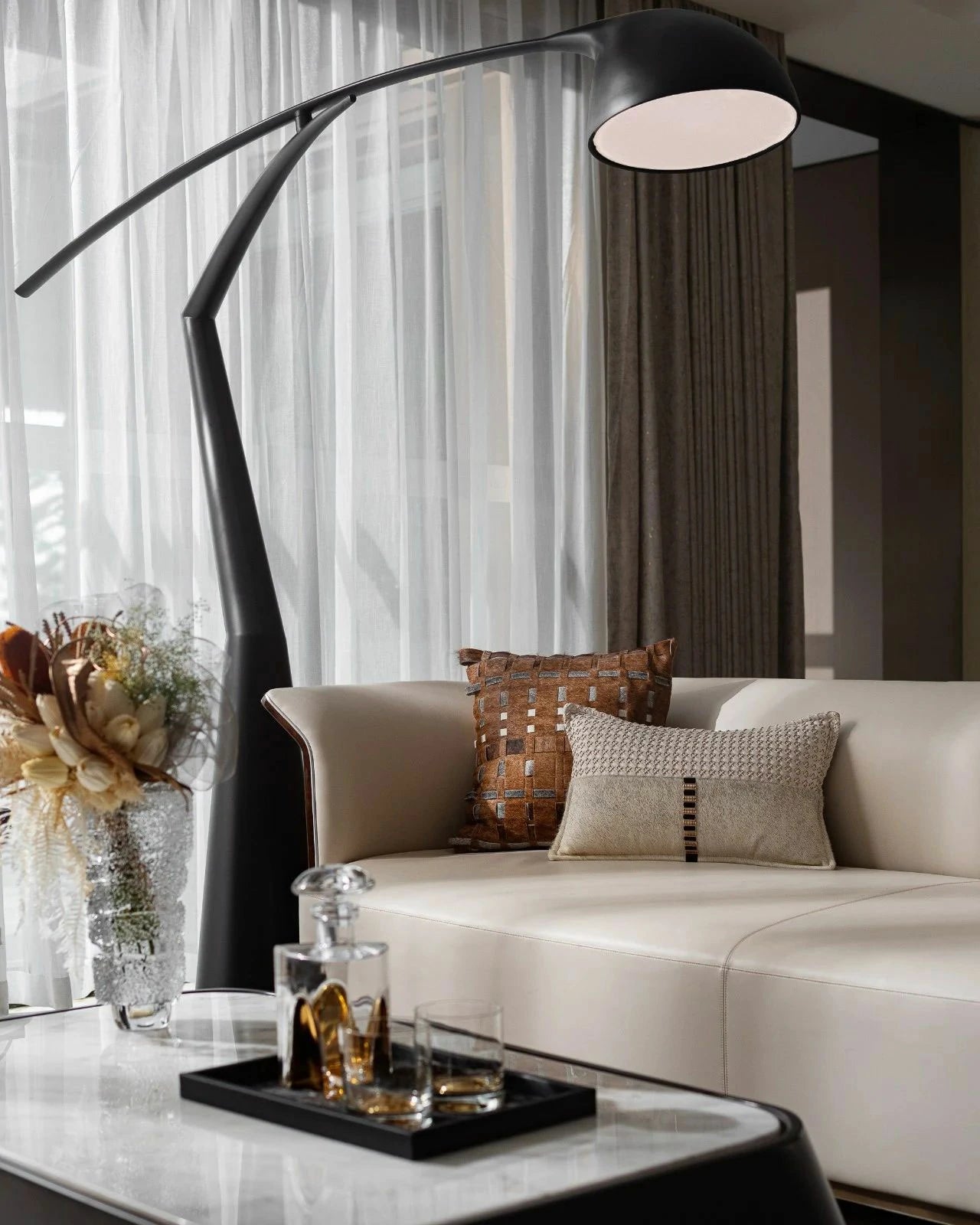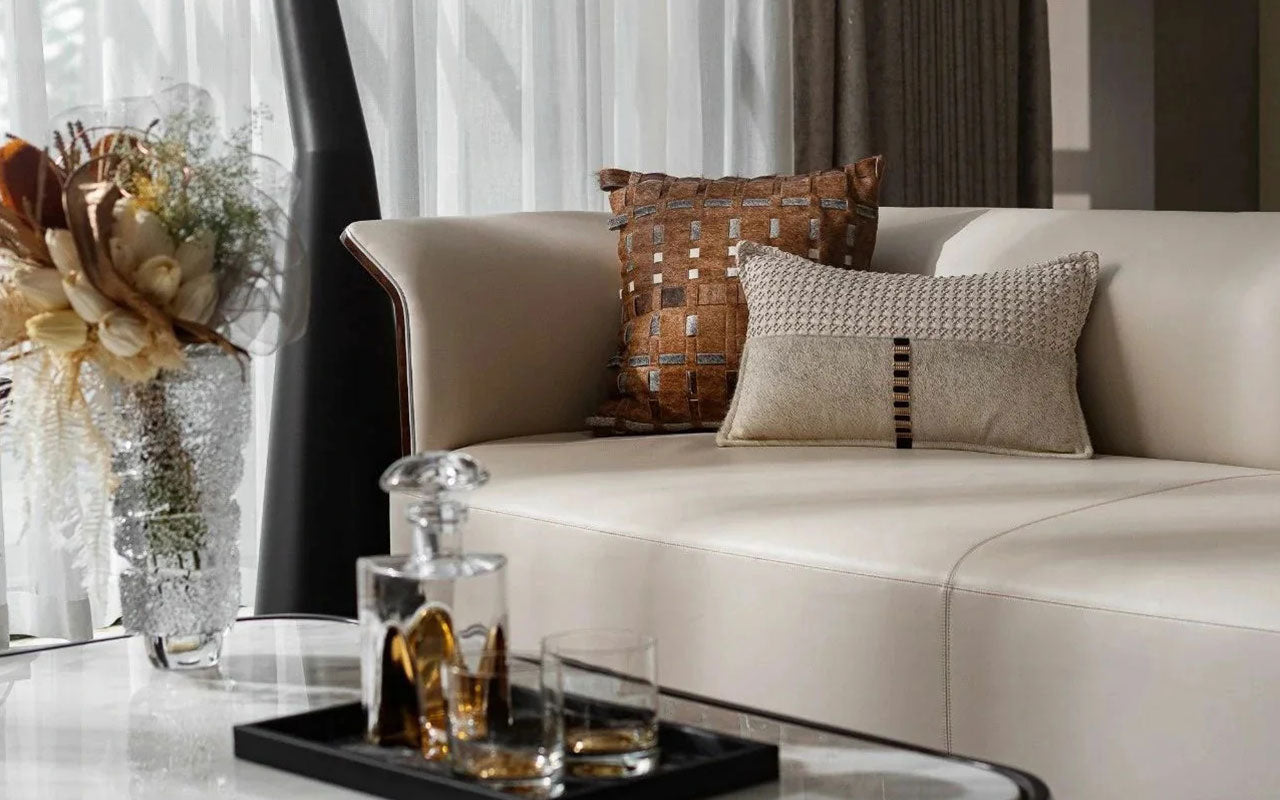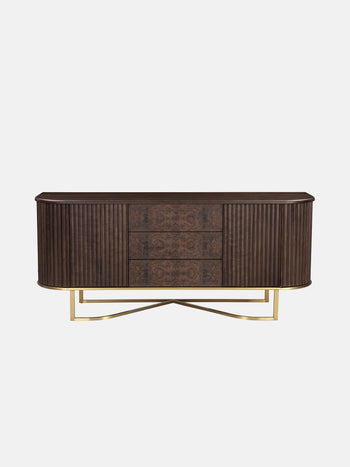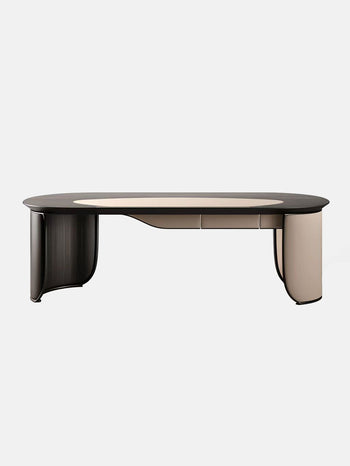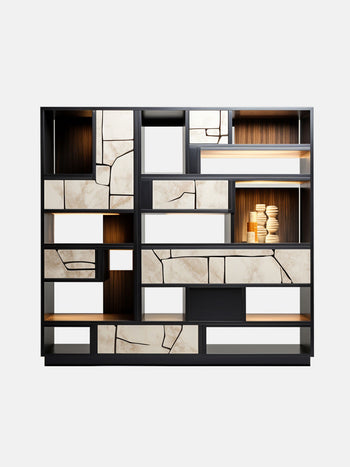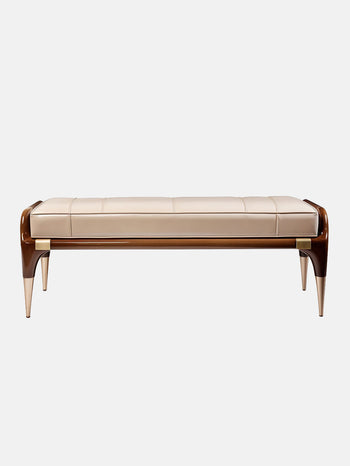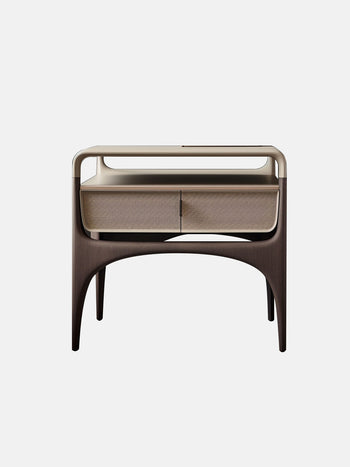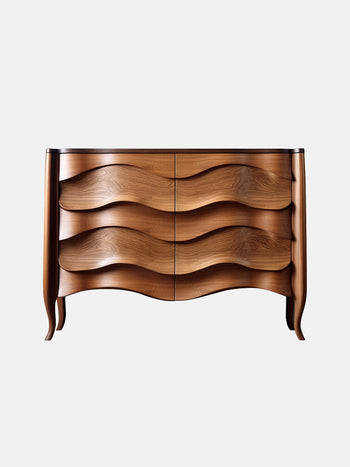Sitting Down in a Sculptural Space: How the Modular Sofa Redefines the Aesthetics of Flexible Living

Introduction
Furniture has never been just about function—it’s a way of extending a life philosophy into space.

In a home where spatial tension meets artistic atmosphere, furniture choices define the touchpoints of daily life.

This case centers around the modular sofa, which—with its flexible composition and substantial form—builds a bridge between rational structure and emotional experience, between art and living.

Living Room: The Scale and Structure of a Modular Sofa
Entering the double-height living room, one is greeted by a sculptural sense of order. The modular sofa anchors the space with quiet confidence.

Unlike traditional one-piece sofas, this design is composed of individual sections that can be freely arranged according to the layout, allowing the living area to remain open or shift into a more intimate, enclosed setting for conversation.

Wrapped in off-white quilted fabric, the sofa feels soft to the touch, with a subtle textured grain. Visually, it creates a sense of "pause" between volume and space, reinforcing its presence as an artistic object.

Its low profile and deep seating invite full-body relaxation, adding a sense of groundedness to the lofty space.

Dining Area: Material Contrast Highlights Lightness
Adjacent to the living room, the dining area features a round table with a dark, stone-like texture—strikingly different from the soft curves of the modular sofa.

This contrast in material and touch enhances the richness of the space and accentuates the warmth the sofa brings.

Though the main sofa doesn't extend into the dining area, its visual language continues.

A small modular lounge chair of the same material sits in the corner of the dining zone, offering a casual spot for pre-meal drinks or quiet waiting—echoing the main sofa while expanding its presence.

Reception Room: The Modular Logic of Flexibility
Moving into a more intimate guest space, the modular sofa again shows its versatility.

Here, it takes on a more fluid form, arranged in a gentle “S” shape around a central coffee table. The configuration feels organic yet harmonious, breaking the static boundaries of the room.

In this context, the sofa is more than seating—it becomes a tool for shaping social interactions.

Its movable and reconfigurable nature allows each gathering, chat, or moment of quiet reflection to be framed in just the right way.

Bedroom: A Softer Rhythm of Life
The master bedroom carries a serene, minimalist tone. At the foot of the bed, a smaller modular sofa appears once again, this time in a lighter taupe-grey hue and more delicate proportions.

Paired with a high-back chair and a sleek metal floor lamp, it forms a restful corner—perfect for sitting, leaning, or simply thinking.

This reflects the core philosophy of modular sofa design: offering countless living possibilities rather than a single sitting posture. In the bedroom, the sofa transcends its role as furniture, becoming a personal retreat for unwinding and resetting.

Conclusion: A Connector Between Space and Human Behavior
In a home that blends architectural artistry with natural surroundings, the modular sofa emerges as a vital emotional anchor.

With its adaptive, open, and inviting nature, it responds to the scale of the space and supports the rhythms of daily life.

The beauty of the modular sofa lies not in complexity, but in its inclusivity—it welcomes both lively family gatherings and quiet moments of solitude. It can be elegant or casual, formal or relaxed, always returning the focus to the human experience.
Between art and everyday life, the modular sofa offers a place to sit—and in that moment, it becomes the very heart of the home.
Design Team | Shanghai Herui Planning and Architectural Design Co., Ltd.
If there's infringement, please contact for removal.
 New Creative
New Creative
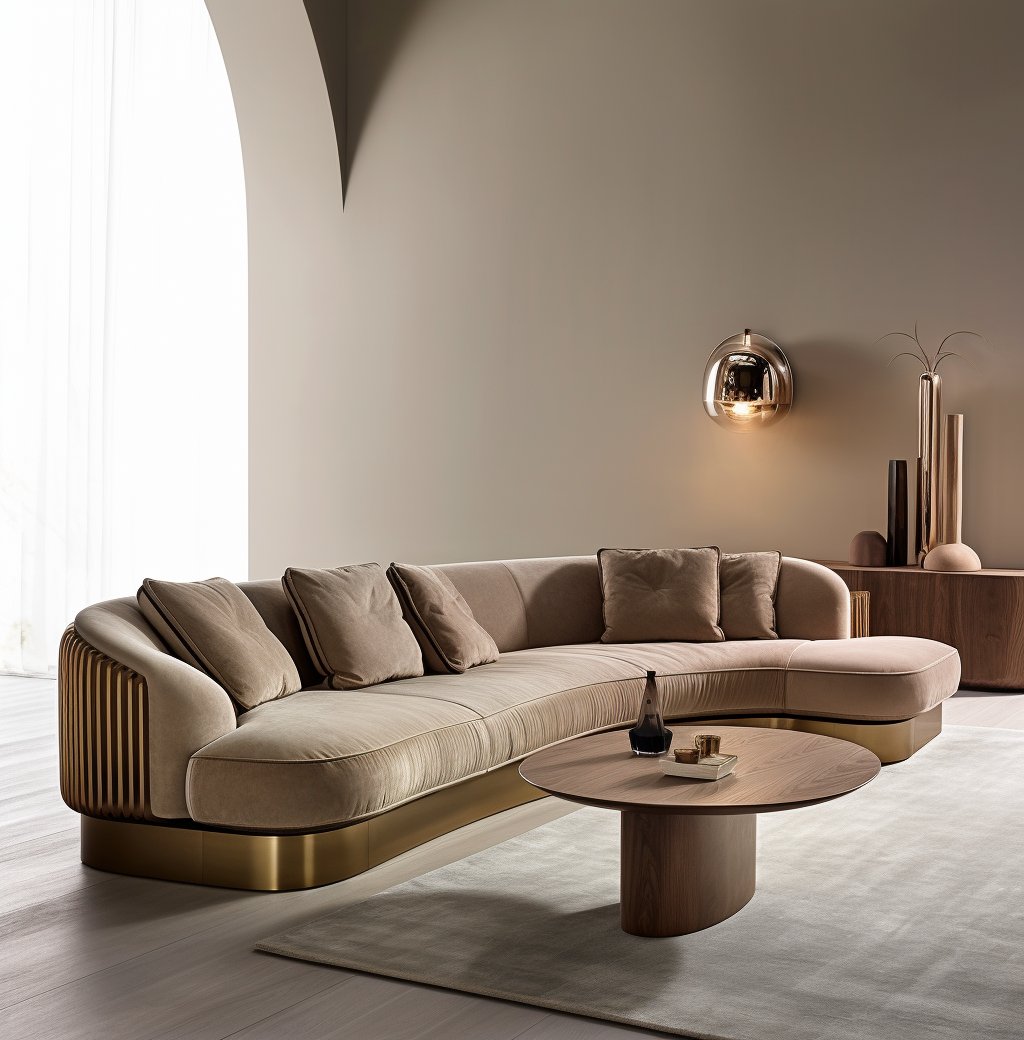 Best Sellers
Best Sellers
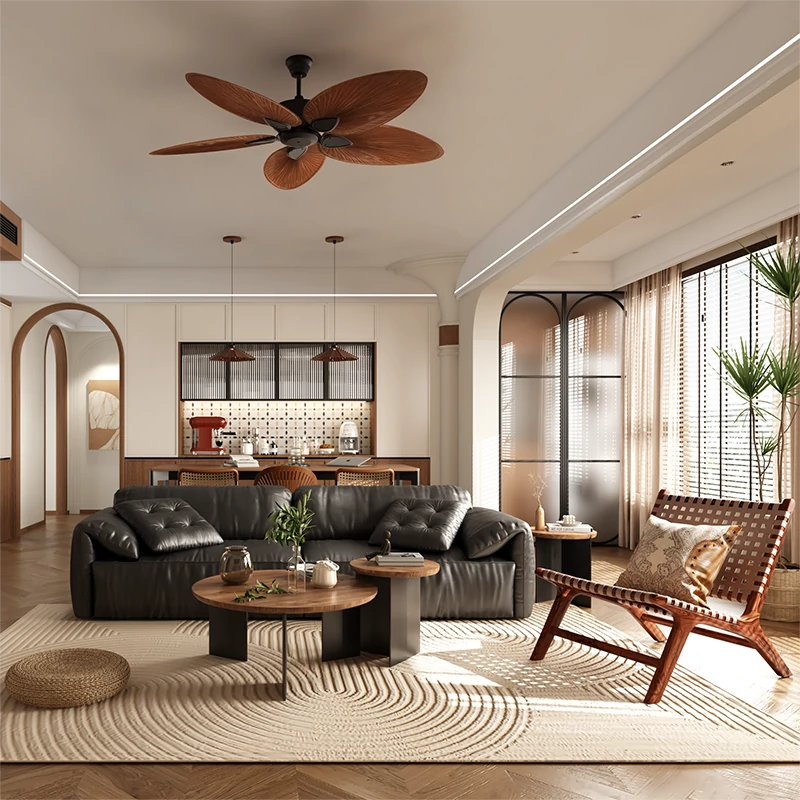 Shop The Look
Shop The Look
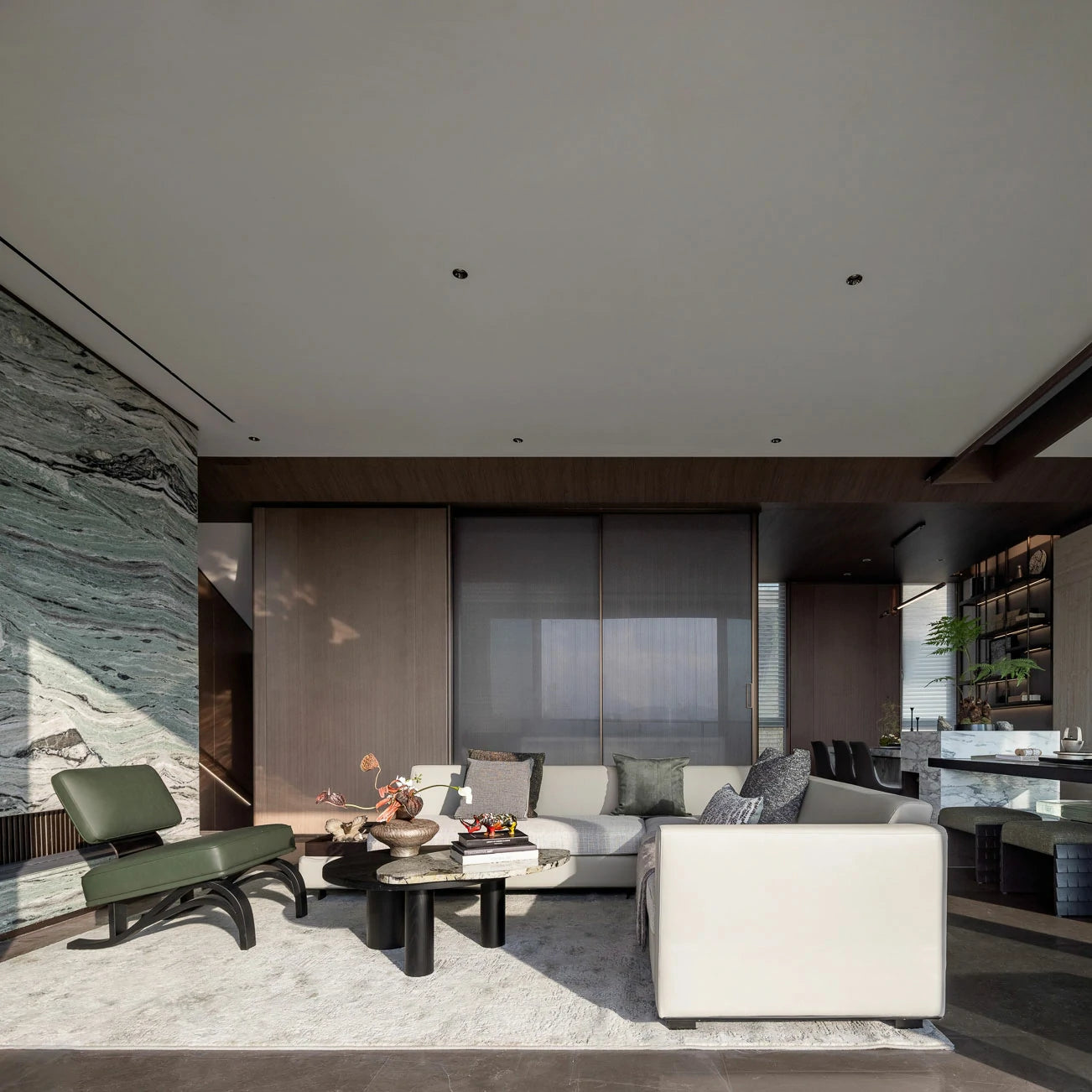 New Room
New Room
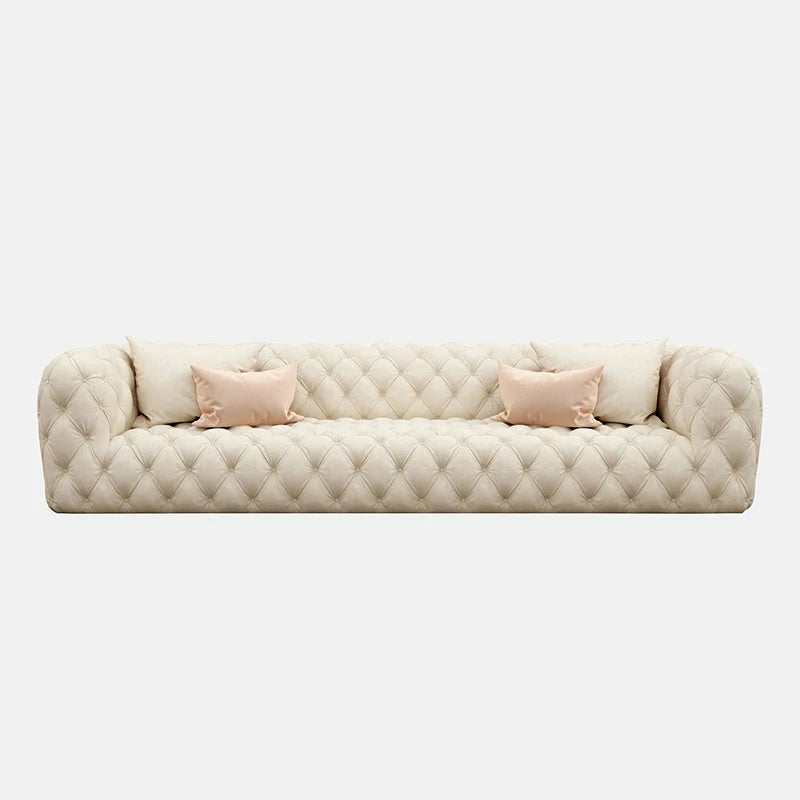 Sofas & Seating Systems
Sofas & Seating Systems
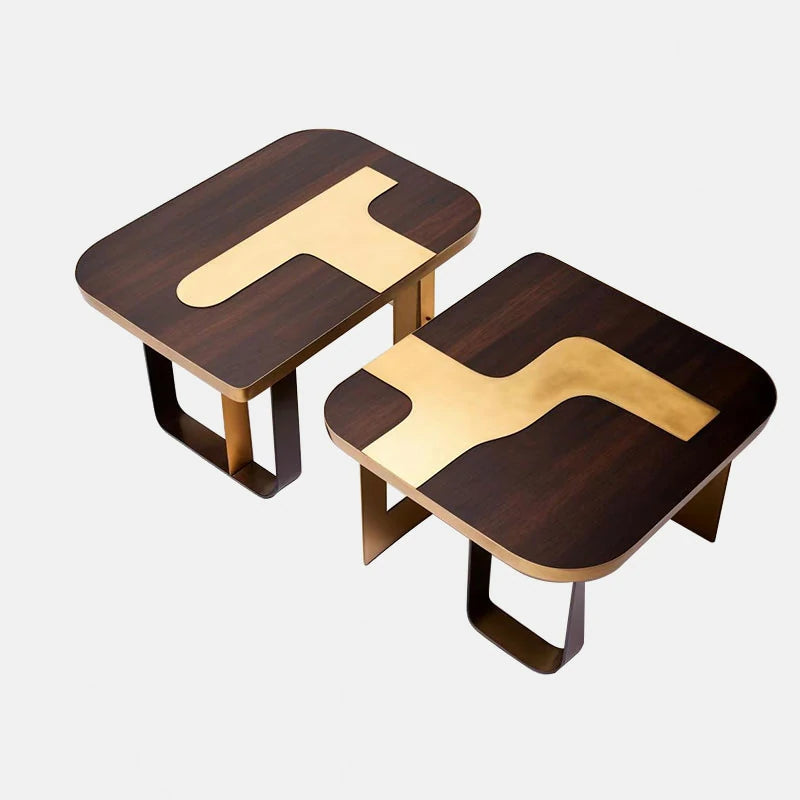 Coffeetables & Sidetables
Coffeetables & Sidetables
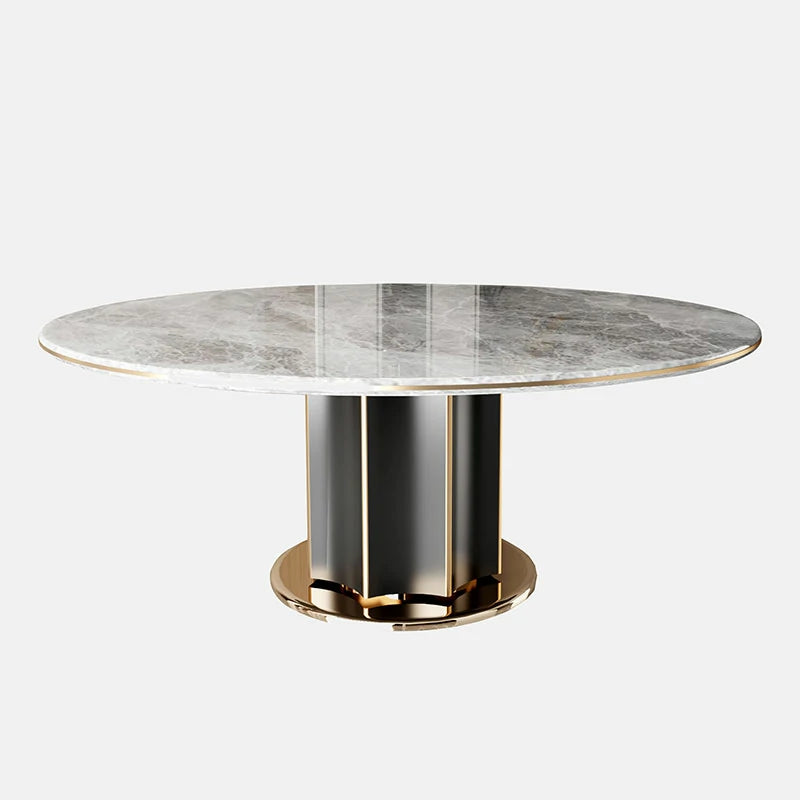 Tables
Tables
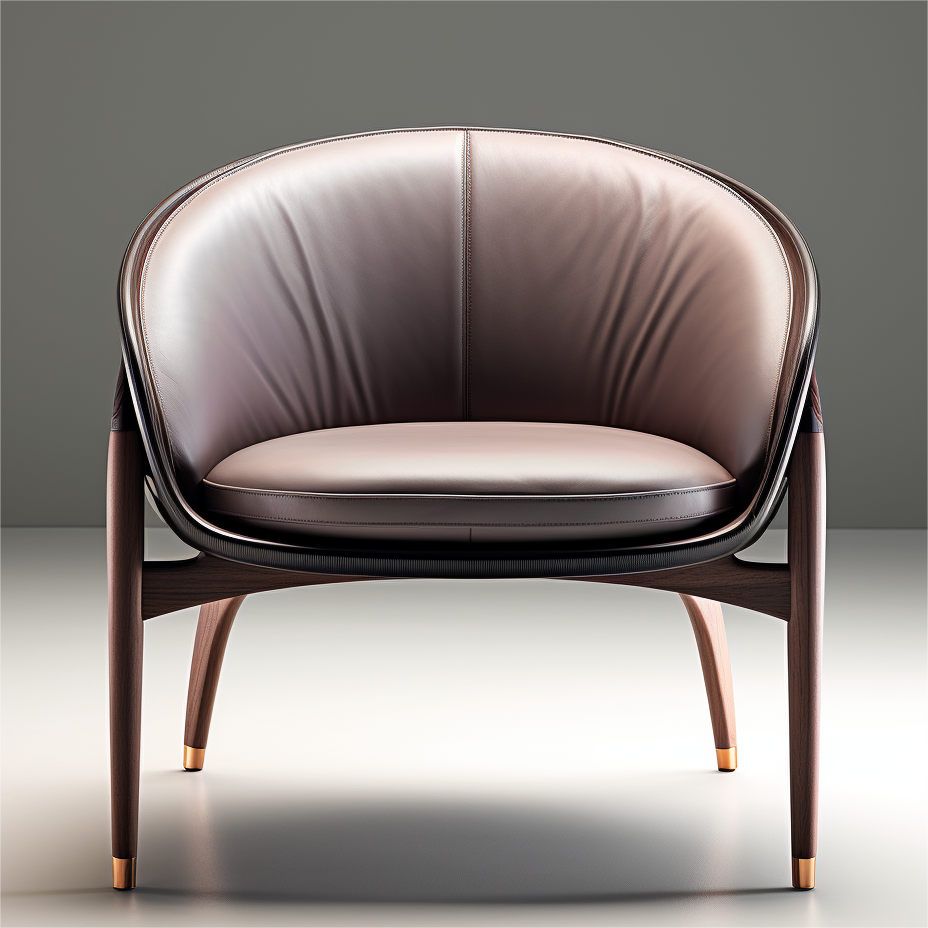 Chairs
Chairs
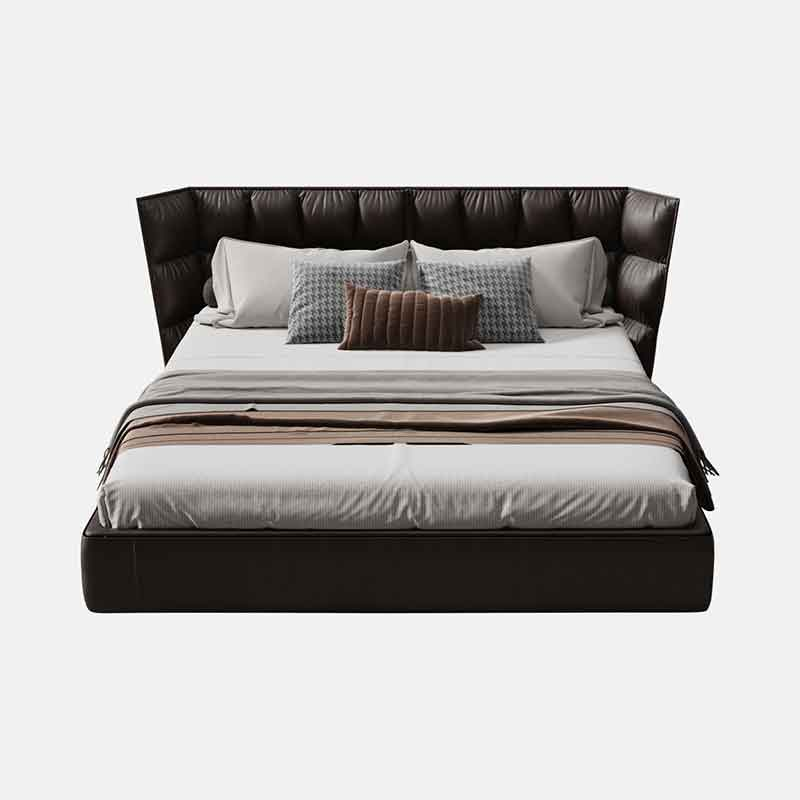 Beds
Beds
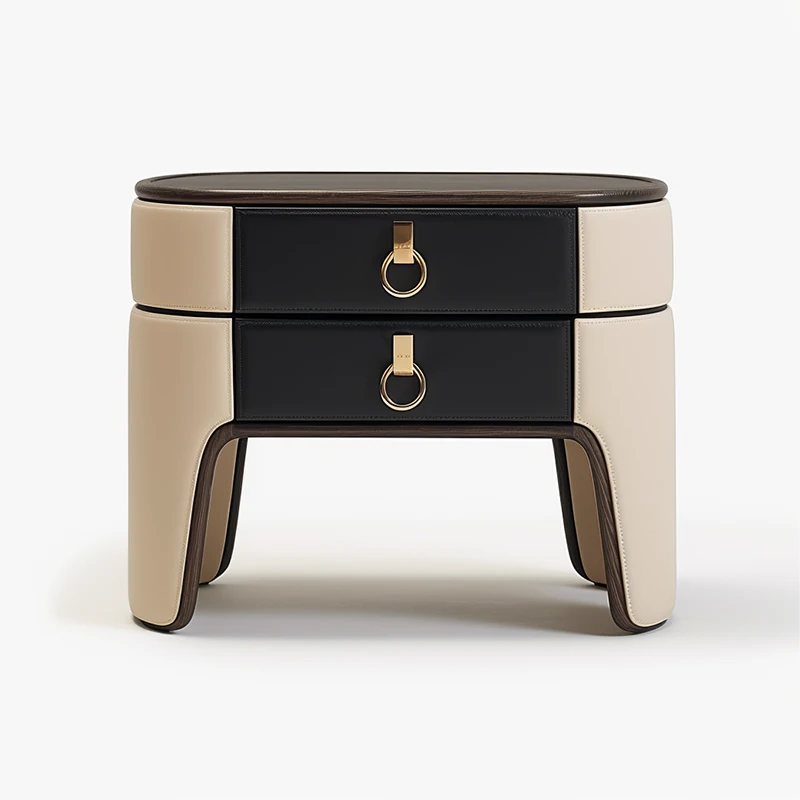 Nightstands & Vanities
Nightstands & Vanities
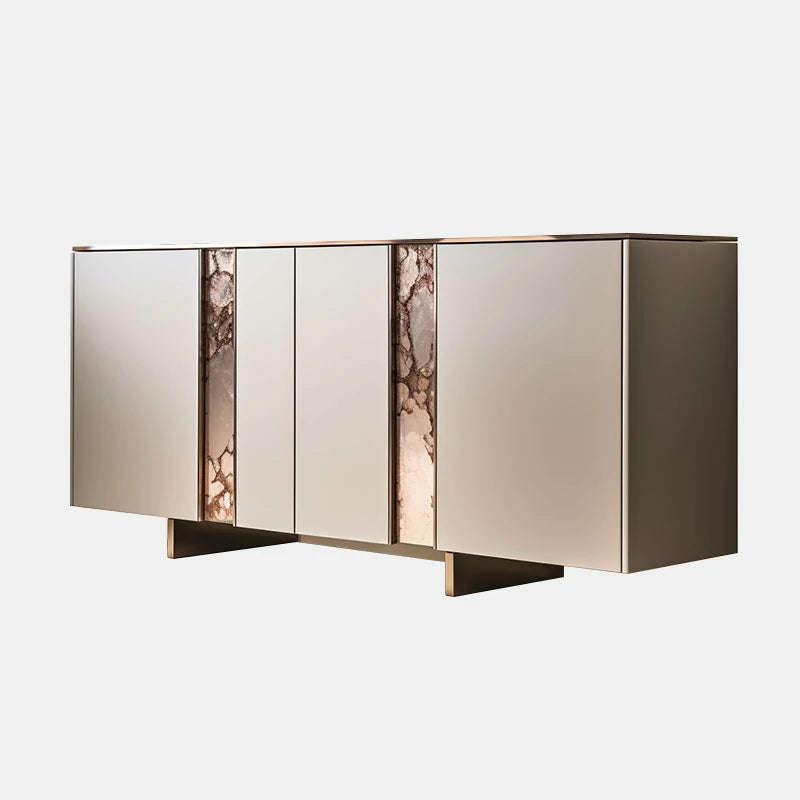 Sideboards & Bookcases
Sideboards & Bookcases
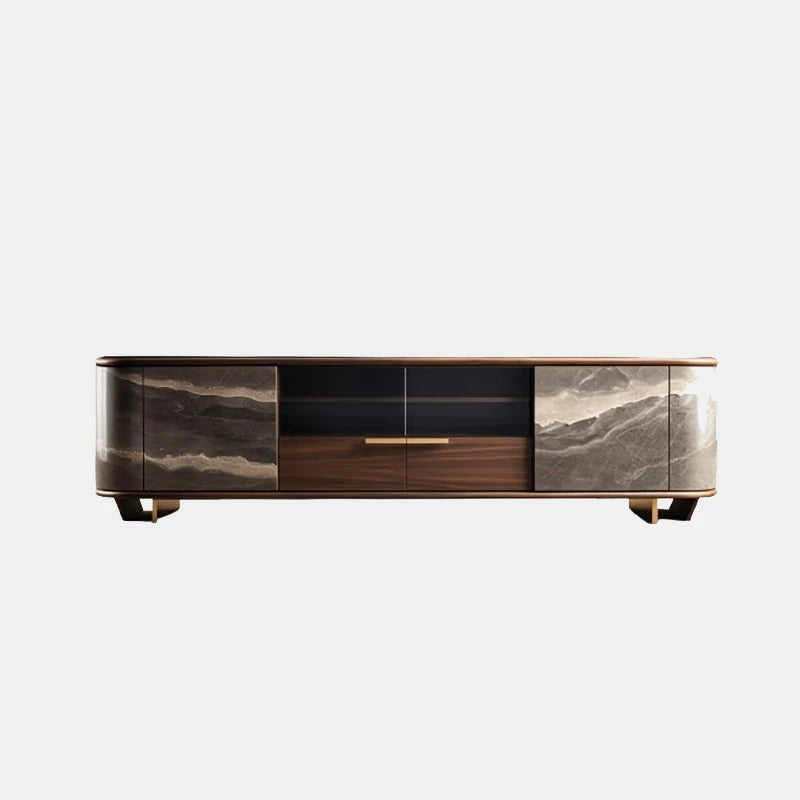 Console
Console
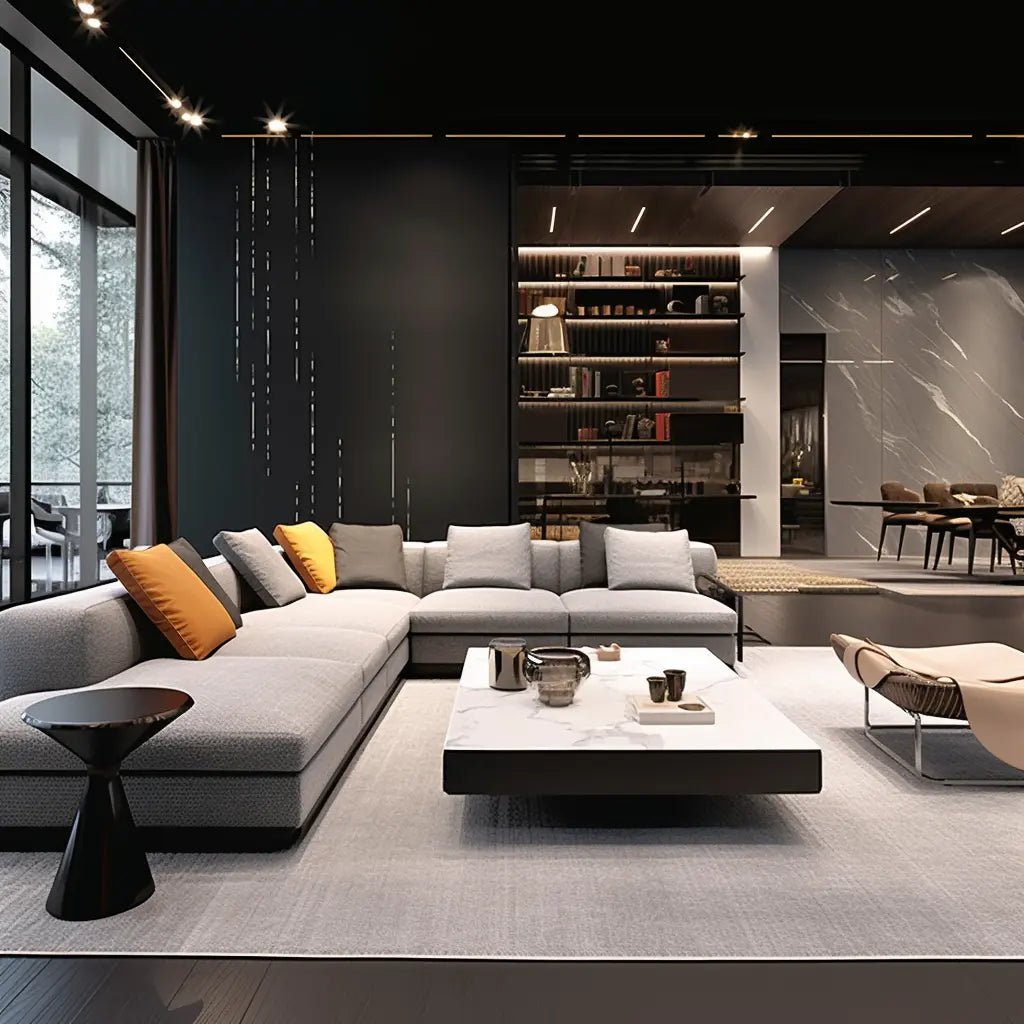 Livingroom
Livingroom
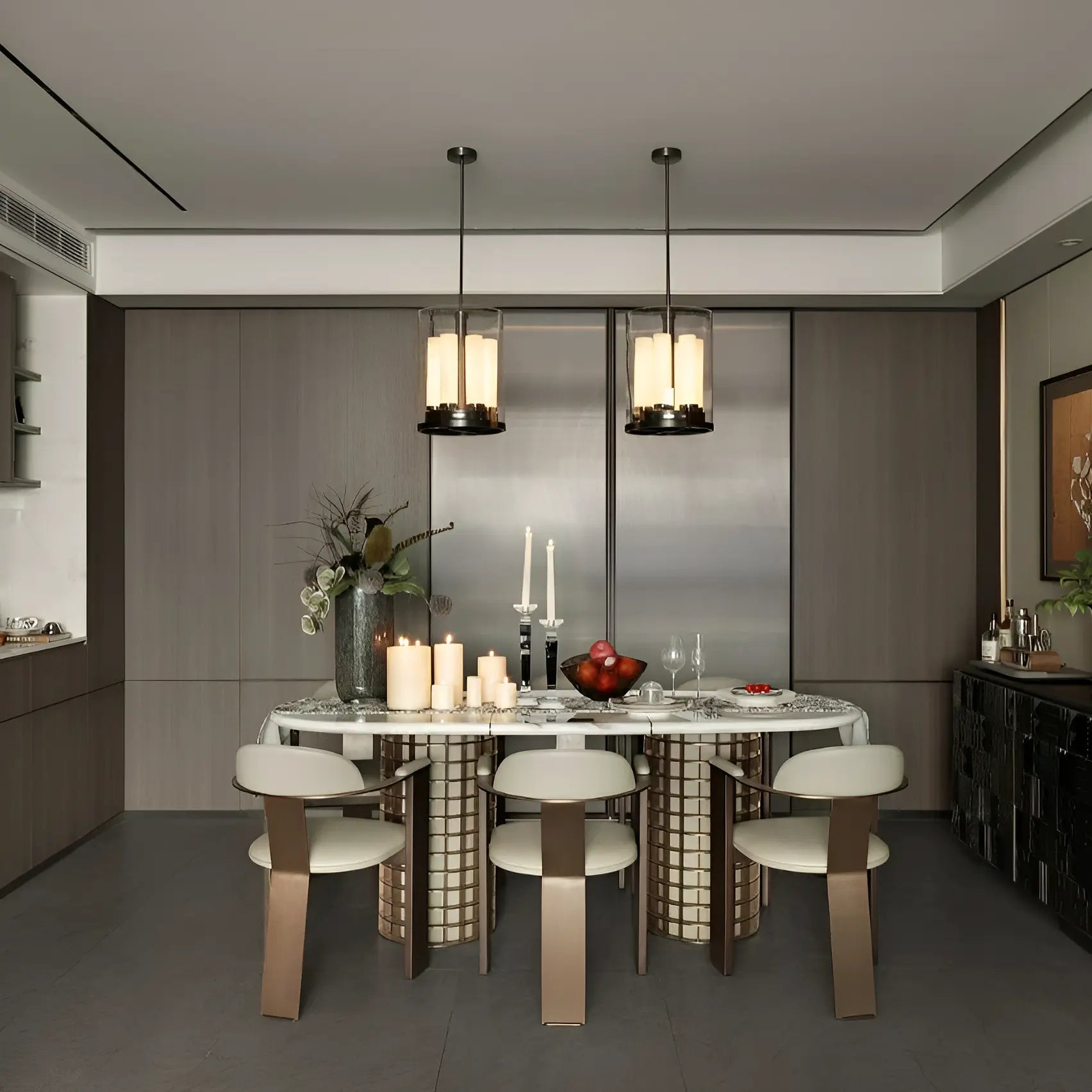 Diningroom
Diningroom
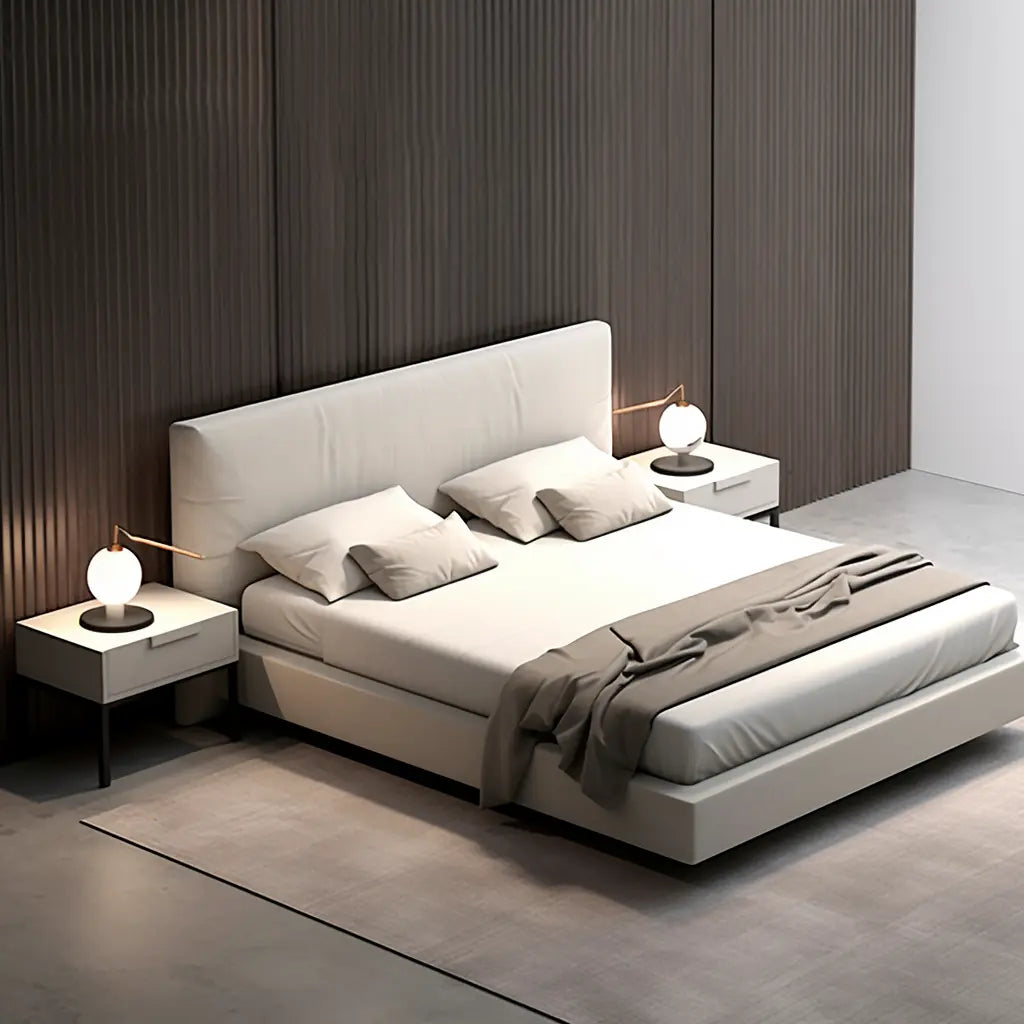 Bedroom
Bedroom
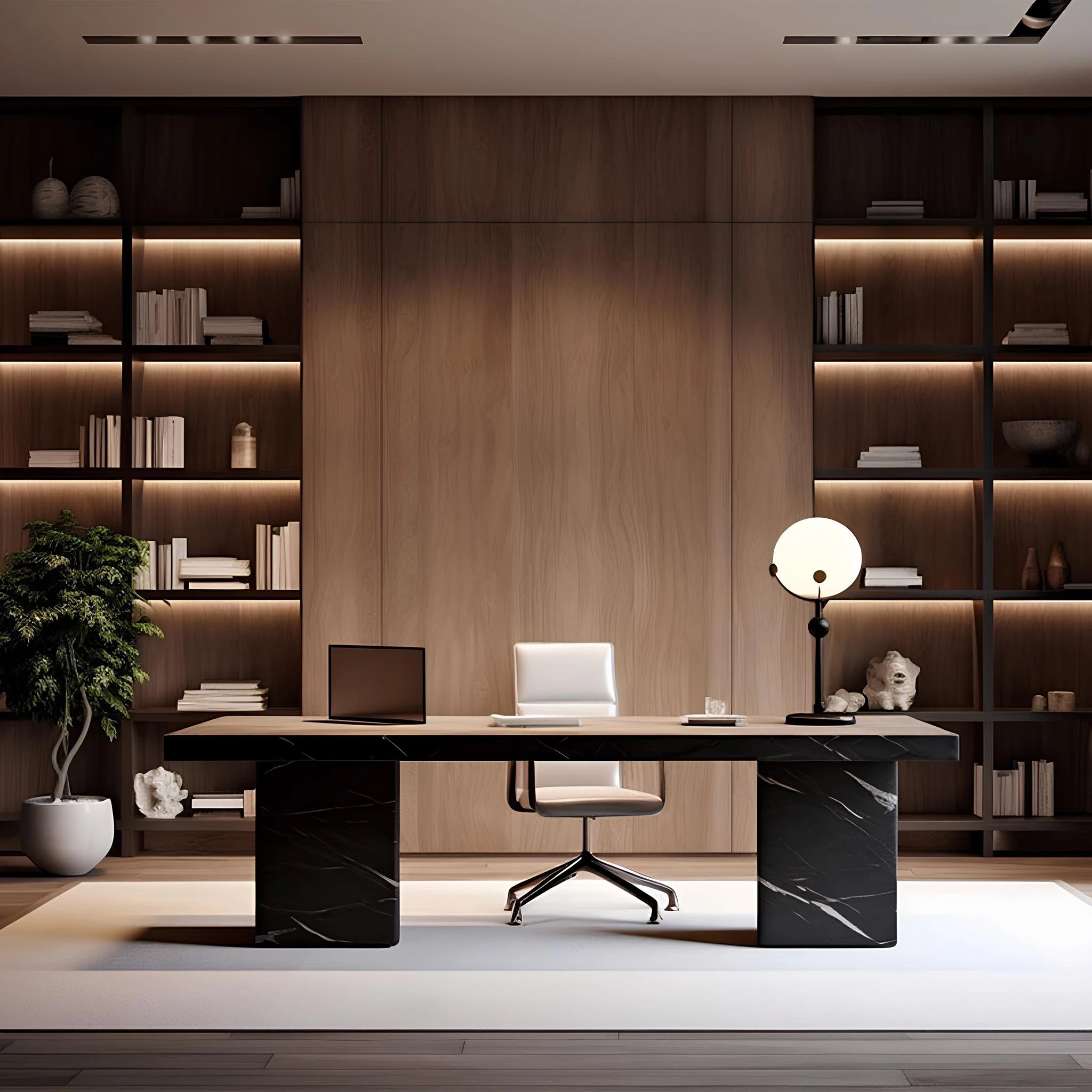 Officeroom
Officeroom
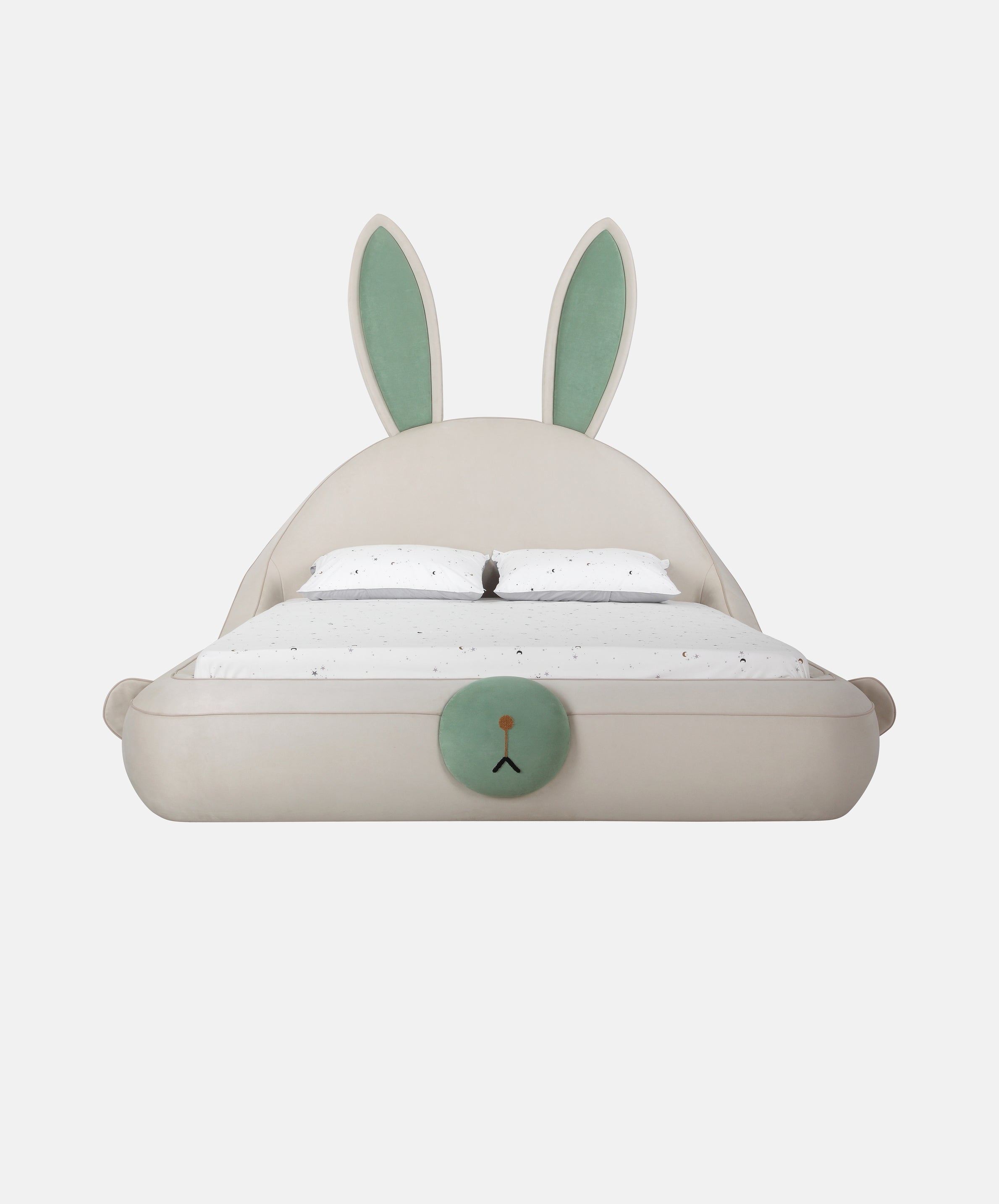 Cartoon & Children
Cartoon & Children




 About Us
About Us
 Sustainability
Sustainability
 The Philosophy of Life Around the Dining Table: Finding Peace Between Nature and Modernity
The Philosophy of Life Around the Dining Table: Finding Peace Between Nature and Modernity
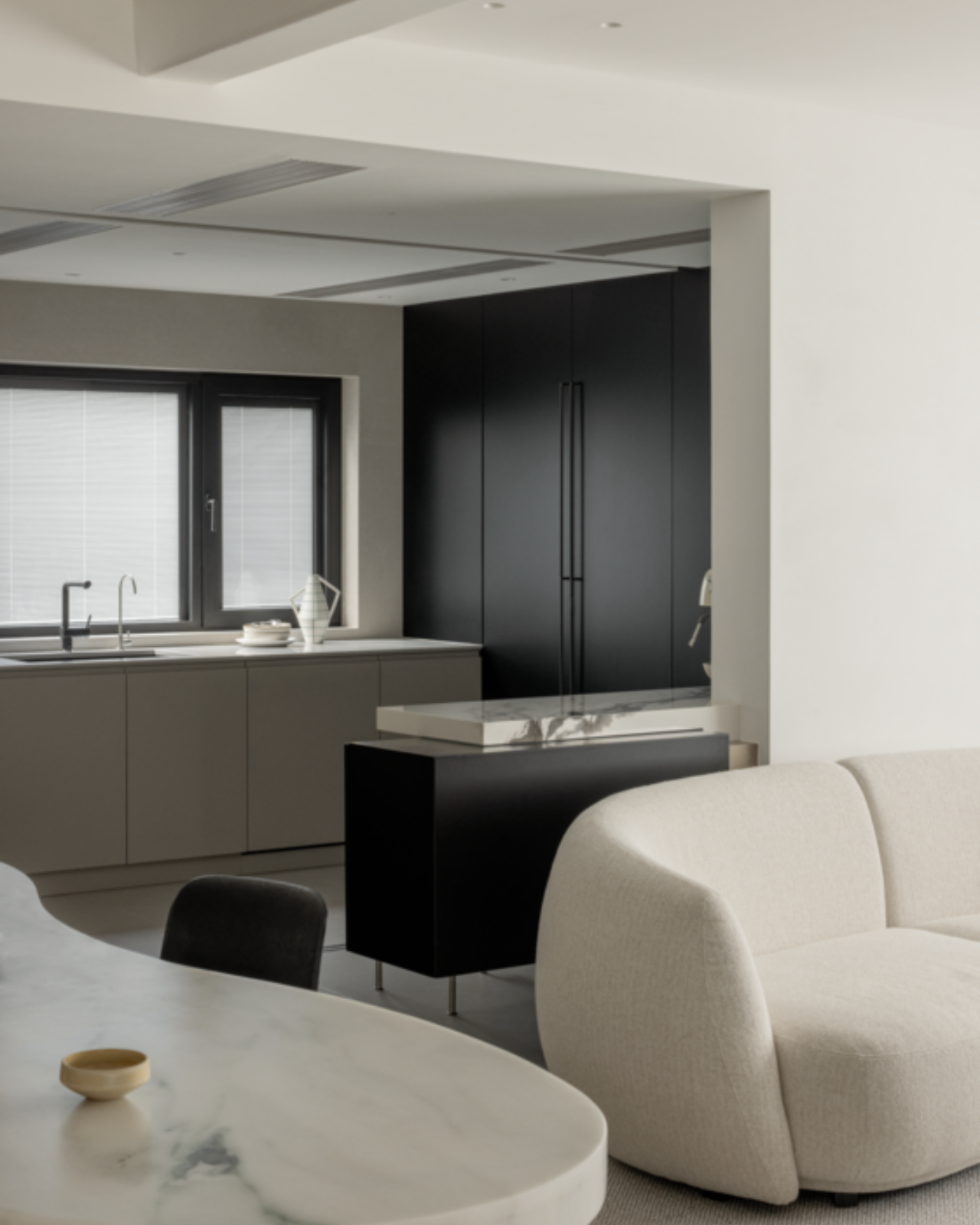 The Fusion of Comfort and Art: The Story of the Sofa at Home
The Fusion of Comfort and Art: The Story of the Sofa at Home
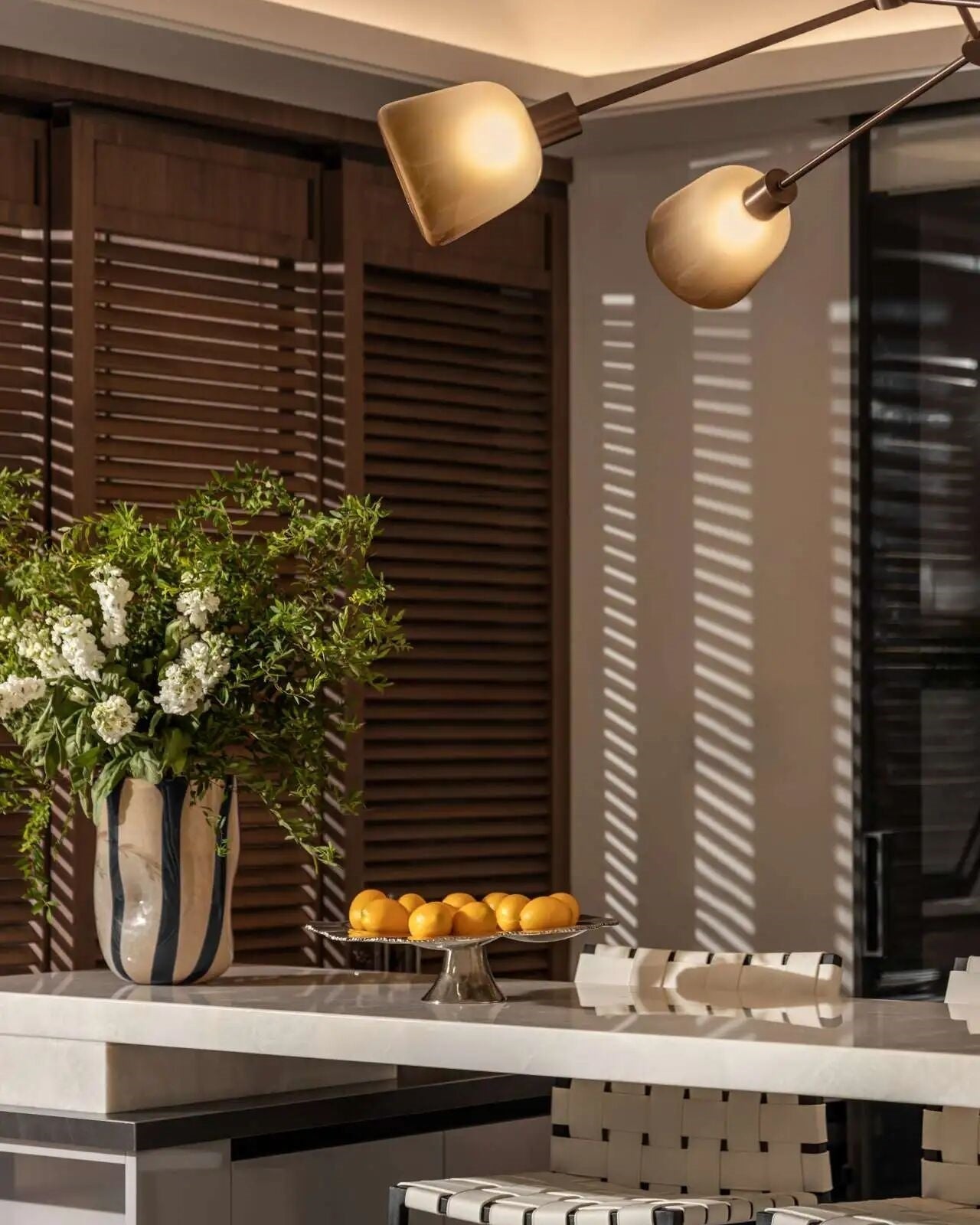 The Art of Living at the Dining Table: A Symphony of Color and Material
The Art of Living at the Dining Table: A Symphony of Color and Material


